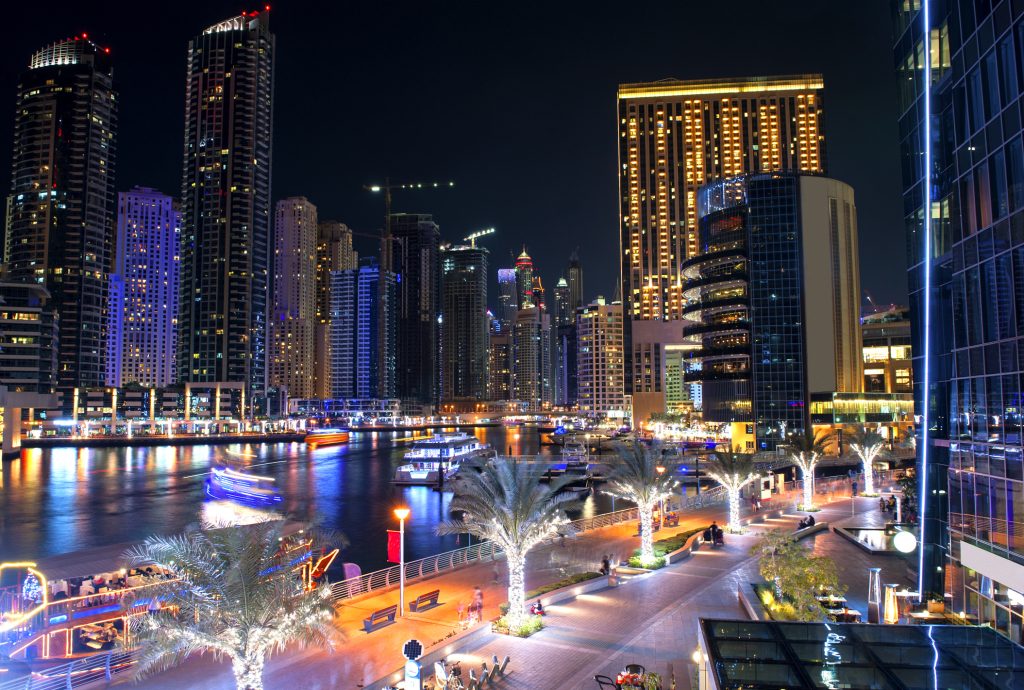Is the Arabian Peninsula the next growth area for fine wine?
The Arabian Peninsula may be a fertile place for the growth of fine wine, according to Bonham’s new global head of wine and spirits Amayès Aouli, as he looks to emerging markets across the Middle East and Asia.

Speaking to db in a recent interview, Aouli said he noticed “a strong pickup of interest for fine wine in the whole Arabic Peninsula starting with Dubai (in the United Arab Emirates), which has lowered the tariffs for fine wine at custom.”
“I was in Qatar [recently] and spent a few days there to see a little bit of the country, and it has the foundation, the ingredients from the food scene, the wine scene, all those aspects that can allow it to take off,” he said. “I’m very much looking for the Arabic Peninsula to be small yet powerful place for fine wine.”
While this may seem unusual, given that the rules for purchasing alcohol in Dubai have only been relaxed relatively recently – it scrapped a tax of 30% on alcohol and dropped the licence fee needed to buy alcohol in the commercial and tourism hub last January – it is worth noting that 67 Pall Mall has said it is planning to expand its new ‘en primeur’ membership to Dubai, among other cities where it does not have a physical presence as “a marker that we are interested in that market”.
Asia diverisified
Looking more broadly across Asia and Middle East, Aouli notes the changed over the last decade (Before relocating to Paris in 2011, Aouli spent several years based in Hong Kong and South Korea in his investment banking and asset management career, and has recently spent time in the region to gauge the state of the market with regard to wine, as well as and its various economies.)
The Asian market, he notes was previously very China-dependent (and before that, it focussed on Japan) but in recent years it has diversified and become more “fragmented”.
“China was like the big market swallowing and attracting by a very high centre of gravity fine wine, and I see now a more fragmented approach, more like the European Union,” he noted.
He points to some of the emerging markets across the region that have all the ingredients to make a mark on fine wine sales.
Partner Content
South Korea, for example has “a very dynamic” wine scene, and one that is “very different to Japan, China, and the surrounding countries,” he notes – and there has already been some growth. Similarly, Singapore.
“I’ve talked a lot about the growth in Singapore for the fine wine market – you see very famous wine clubs and wine-led restaurants, there is a wine community and wine storage”, he says, all the ingredients that form a strong foundation for growth.
Meanwhile Taiwan has always had a “very small yet very strong” collector base and there is potential across Vietnam, which has “the sociological basis for fine wine to take off there”, he says.
“I was in Vietnam at the beginning of August and the ingredients for wine [to flourish] is there, although the barrel and tariffs are preventing it from happening,” he explains. “The same applies for Indonesia and Malaysia.”
“So I think Asia is going to be more fragmented and not as unified as it has been for the past 10 years,”
Following the appointment of Aouli in January, the auction house confirmed it would be appointing new roles in Asia, as well as Europe and the US later in the year.
Related news
Strong peak trading to boost Naked Wines' year profitability




